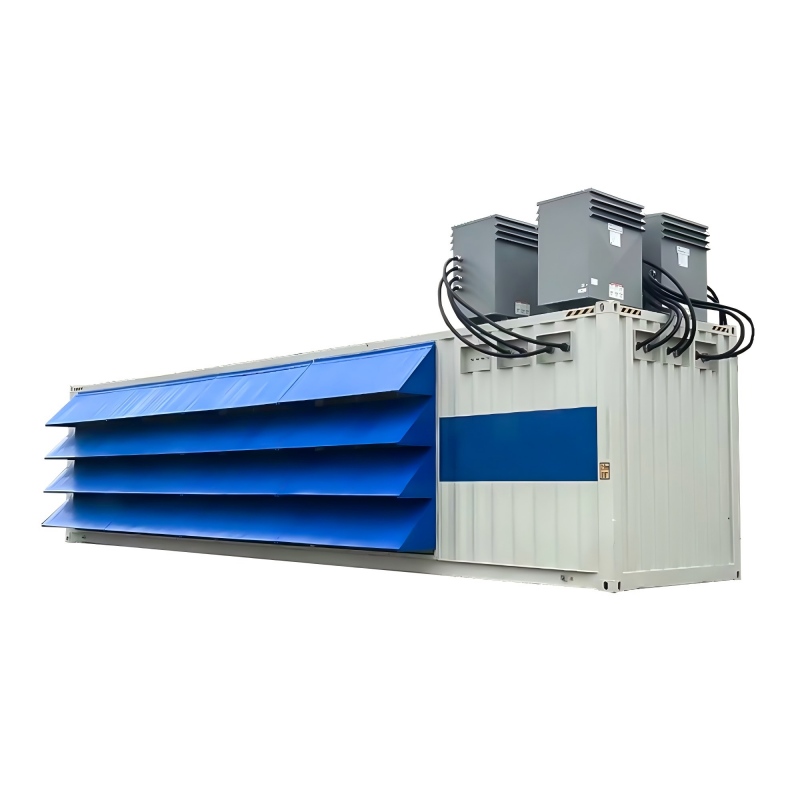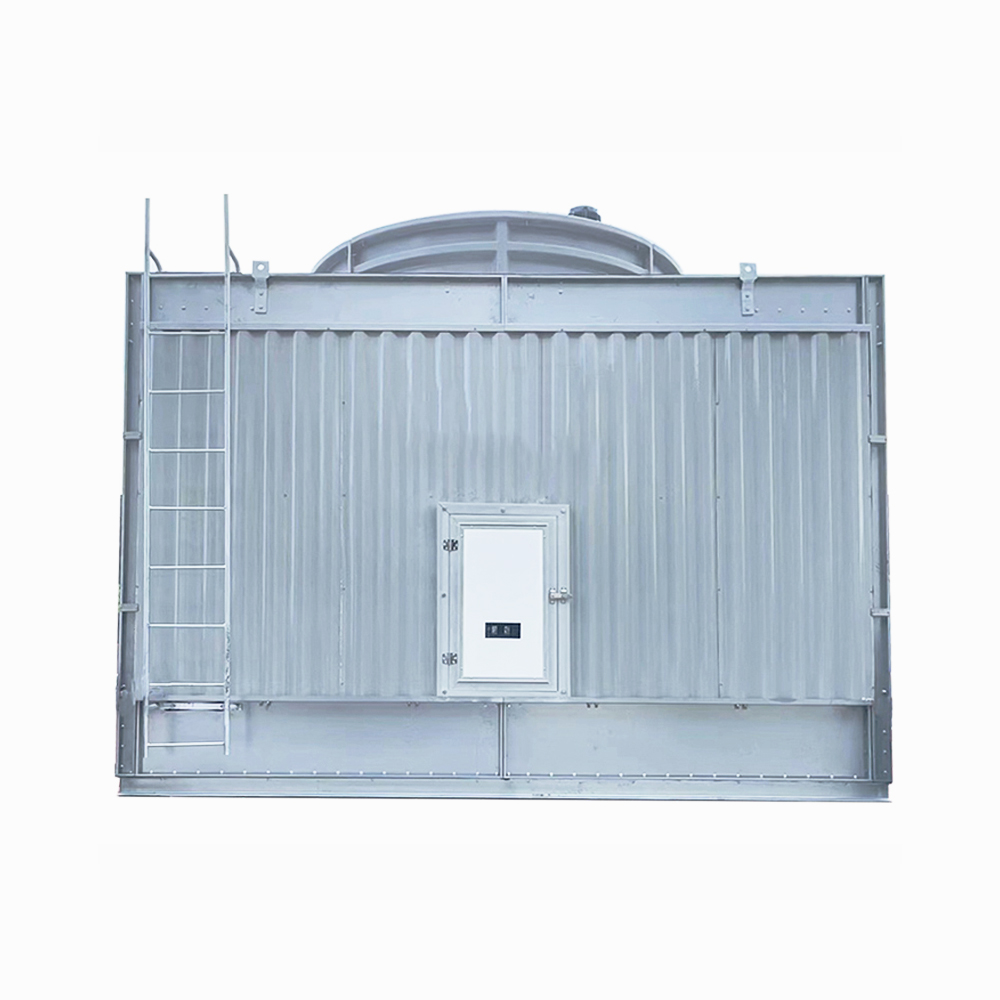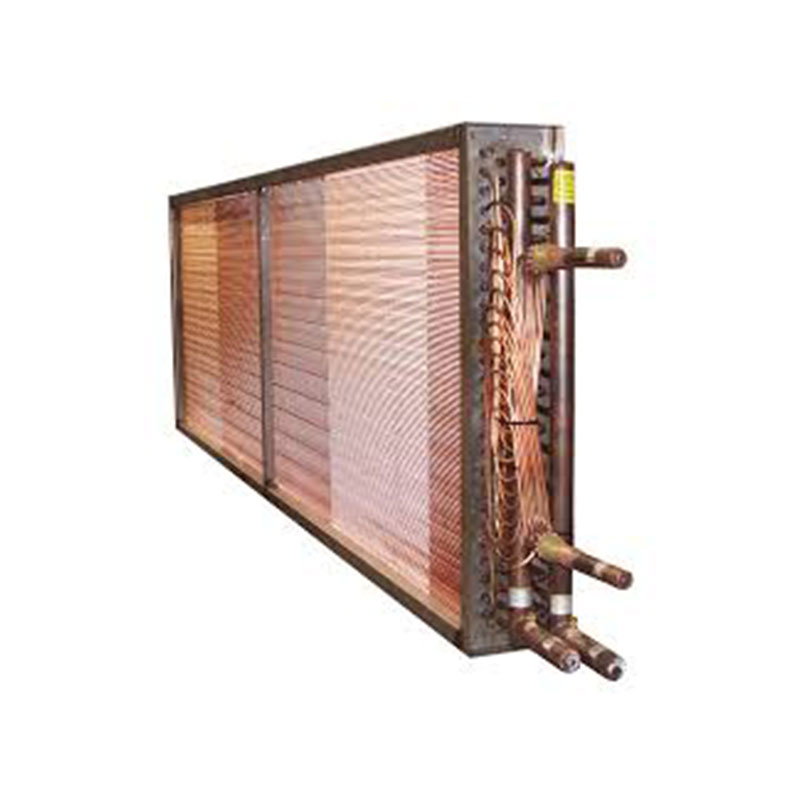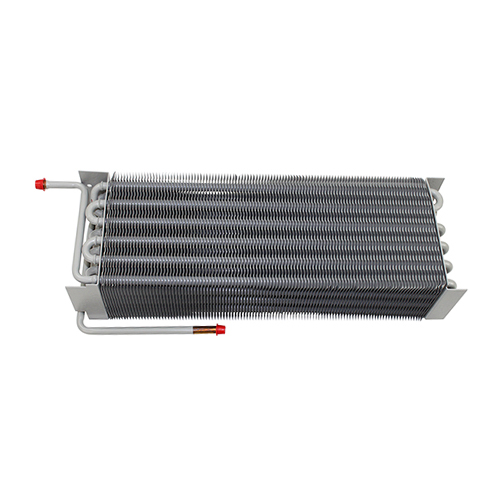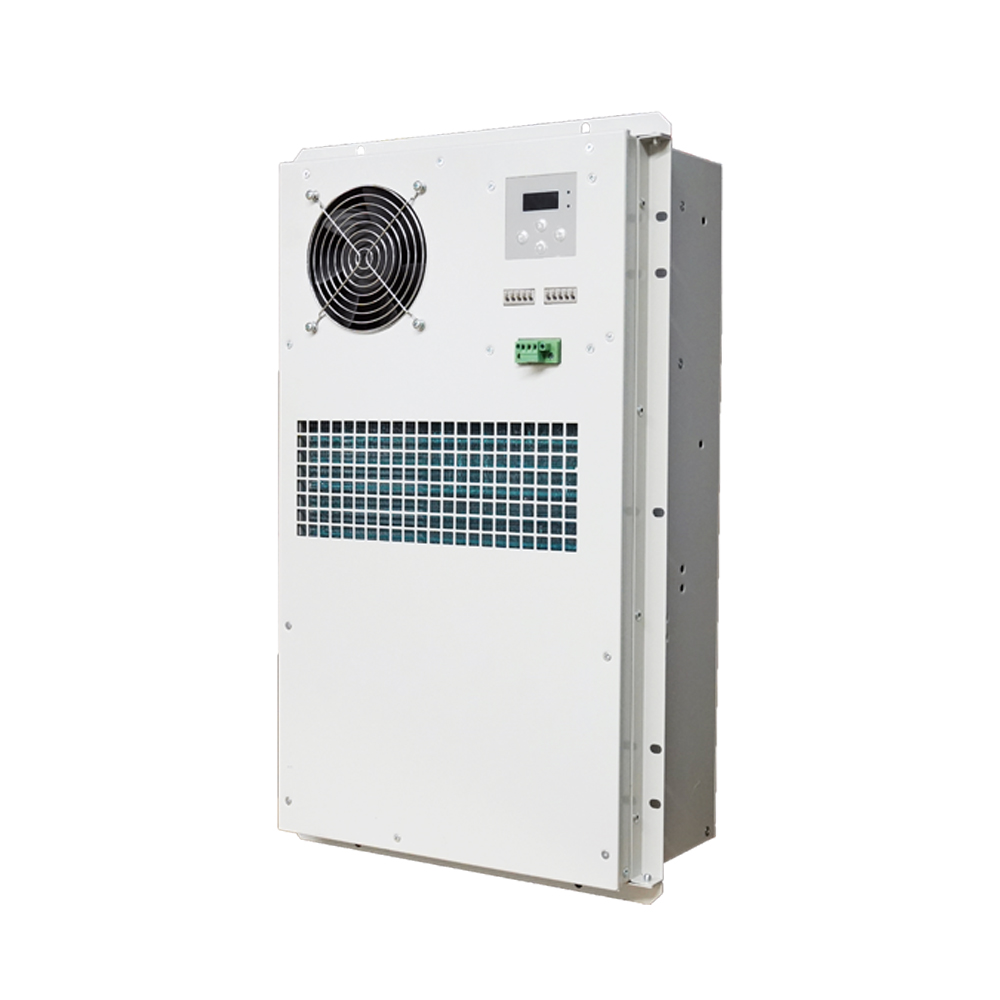Selecting the appropriate cooling system for your HVAC setup is crucial for maintaining optimal efficiency and performance. Dry coolers, also known as air-cooled condensers, offer a reliable and energy-efficient solution for many applications. This guide delves into the intricacies of dry coolers in HVAC systems, providing a comprehensive understanding for informed decision-making. Whether you're a building manager, HVAC technician, or simply interested in learning more, this resource provides valuable insights into the world of dry coolers.
Understanding Dry Coolers in HVAC Systems
What are Dry Coolers?
Dry coolers are heat exchangers that use air to cool a refrigerant. Unlike evaporative coolers, they don't require water, making them suitable for various climates and applications. They are frequently used in industrial applications, large commercial buildings, and data centers where efficient cooling is paramount. The process involves transferring heat from the refrigerant to the ambient air, rejecting the heat to the atmosphere. This differs from traditional cooling towers that use evaporative cooling, resulting in lower water consumption and reduced maintenance. For high-capacity cooling, dry coolers offer a robust and effective solution. Learn more about the advantages and applications of dry coolers on Shanghai SHENGLIN M&E Technology Co.,Ltd's website.
Types of Dry Coolers
Dry coolers come in various designs and configurations to meet specific needs. Some common types include:
- Shell and Tube Dry Coolers: Known for their simplicity and reliability.
- Plate Fin Dry Coolers: Offer high efficiency due to their large surface area.
- Air Cooled Condensers: Used extensively in refrigeration systems.
The choice of dry cooler type depends on factors like capacity, space constraints, and environmental conditions.
Selecting the Right Dry Cooler
Factors to Consider
Selecting the optimal dry cooler involves careful consideration of several critical factors. These factors include:
- Cooling Capacity (kW or TR): The required cooling power for the system.
- Refrigerant Type: Compatibility with the system's refrigerant.
- Ambient Air Temperature: Influences cooling efficiency.
- Space Constraints: Physical limitations of the installation location.
- Noise Levels: Important consideration for noise-sensitive areas.
Consult with an HVAC professional to determine the appropriate size and type of dry cooler for your specific application. At Shanghai SHENGLIN M&E Technology Co.,Ltd, we offer a wide range of high-quality dry coolers to meet diverse cooling demands.
Maintenance and Operation of Dry Coolers
Regular Maintenance Practices
Proper maintenance is crucial to ensure the longevity and optimal performance of your dry cooler. Regular inspection and cleaning of the fin surfaces are vital. This prevents the build-up of dust and debris, which can significantly reduce cooling efficiency. Additionally, regular checks of fan motors and other components can help prevent unexpected failures. Refer to the manufacturer's instructions for specific maintenance recommendations.
Troubleshooting Common Issues
Common issues with dry coolers can include reduced cooling capacity, excessive noise, and leaks. Early detection and resolution of these issues can prevent larger problems and improve system efficiency. Seeking professional help for diagnosing and repairing more complex issues is highly recommended.
Dry Cooler vs. Other Cooling Technologies
| Feature | Dry Cooler | Evaporative Cooler |
| Water Usage | None | High |
| Efficiency | Lower than evaporative in some climates | Higher in hot, dry climates |
| Maintenance | Relatively low | Higher (water treatment, scaling) |
Table 1: Comparison of Dry Coolers and Evaporative Coolers
This information is for general guidance only. Always consult with a qualified HVAC professional for specific design, selection, and installation requirements. For high-quality dry coolers and expert advice, contact Shanghai SHENGLIN M&E Technology Co.,Ltd.









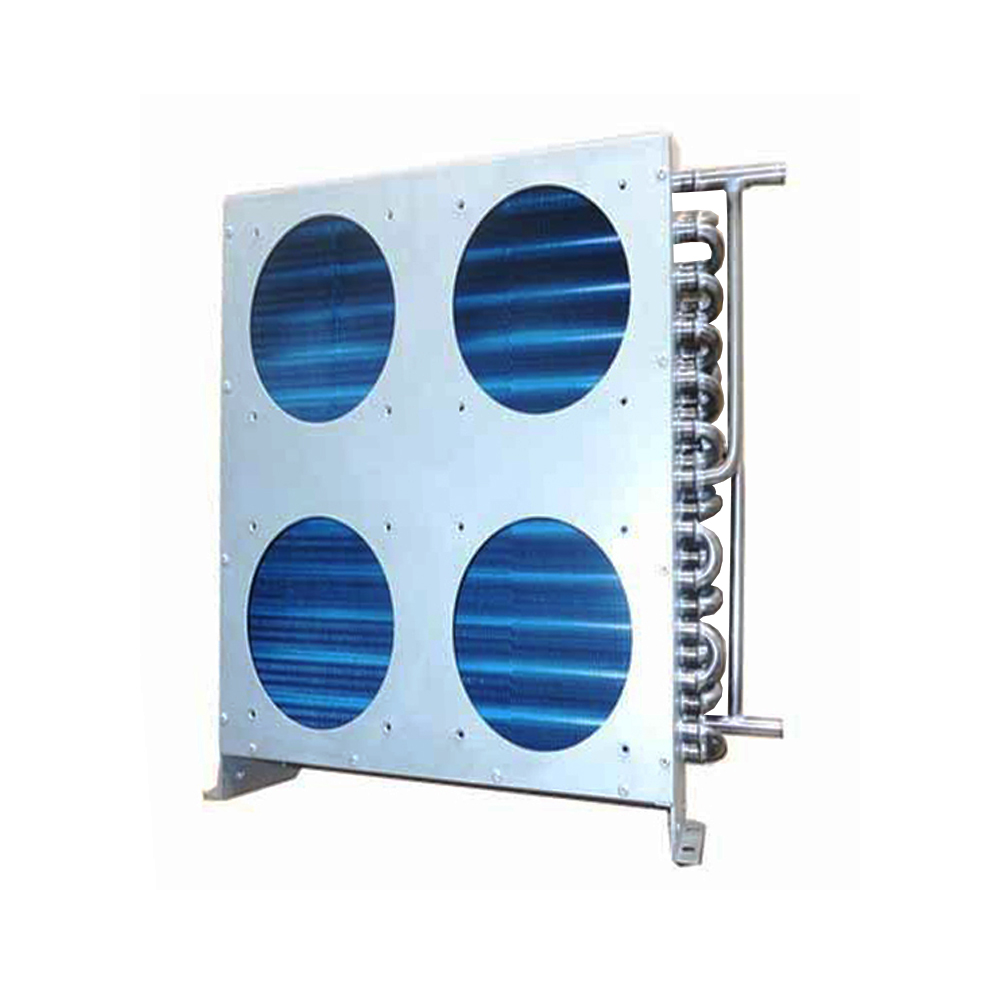
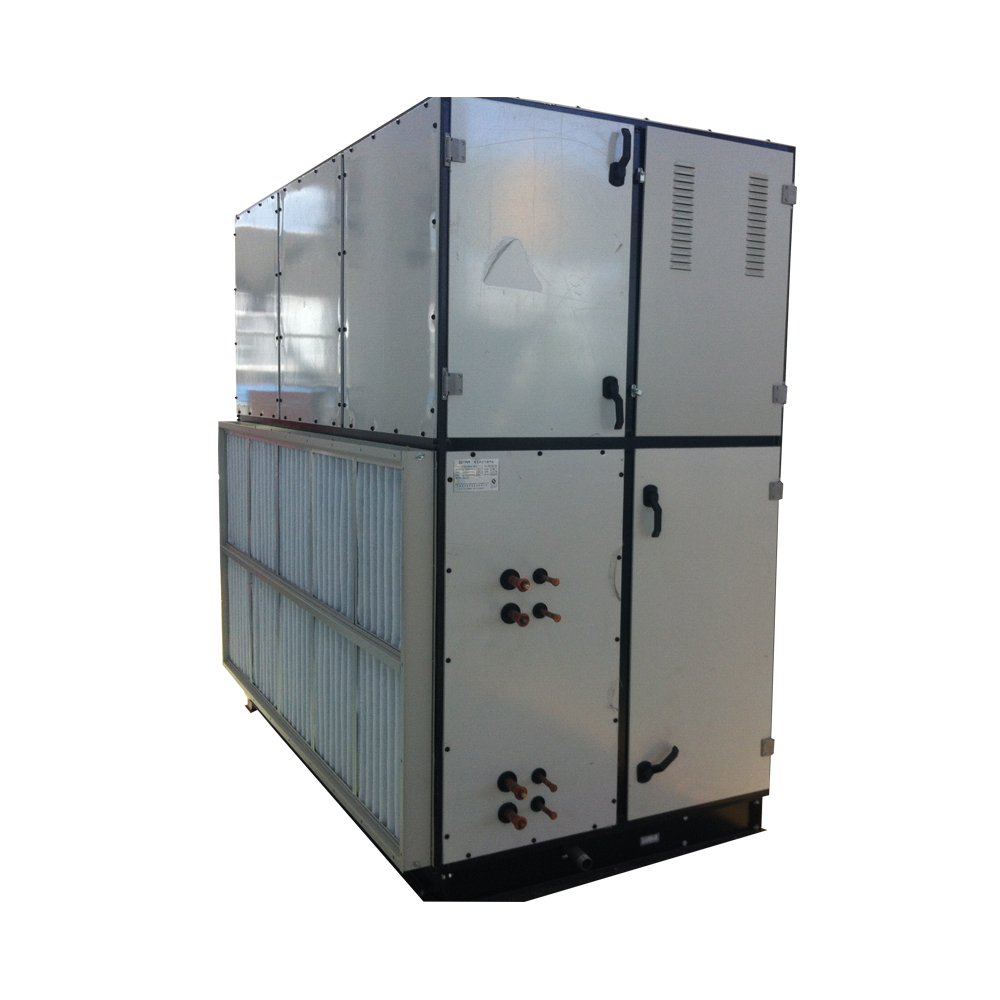
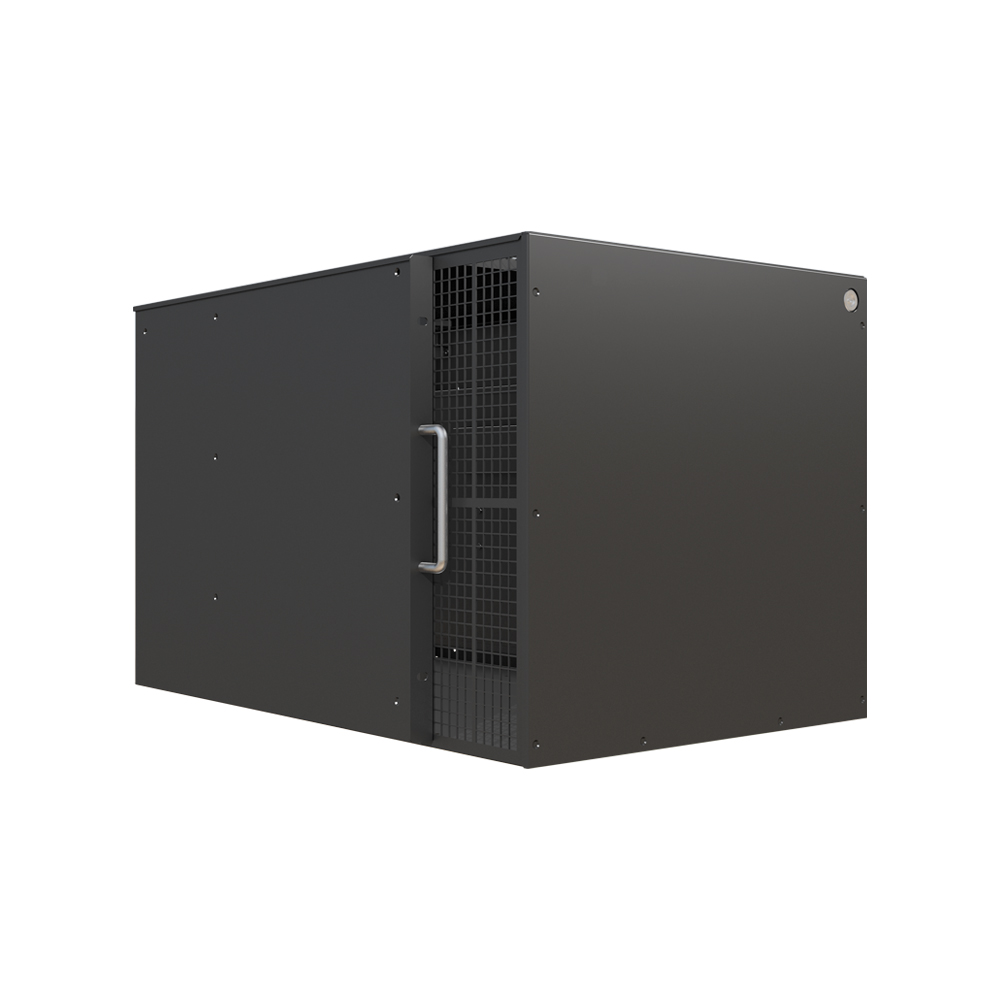
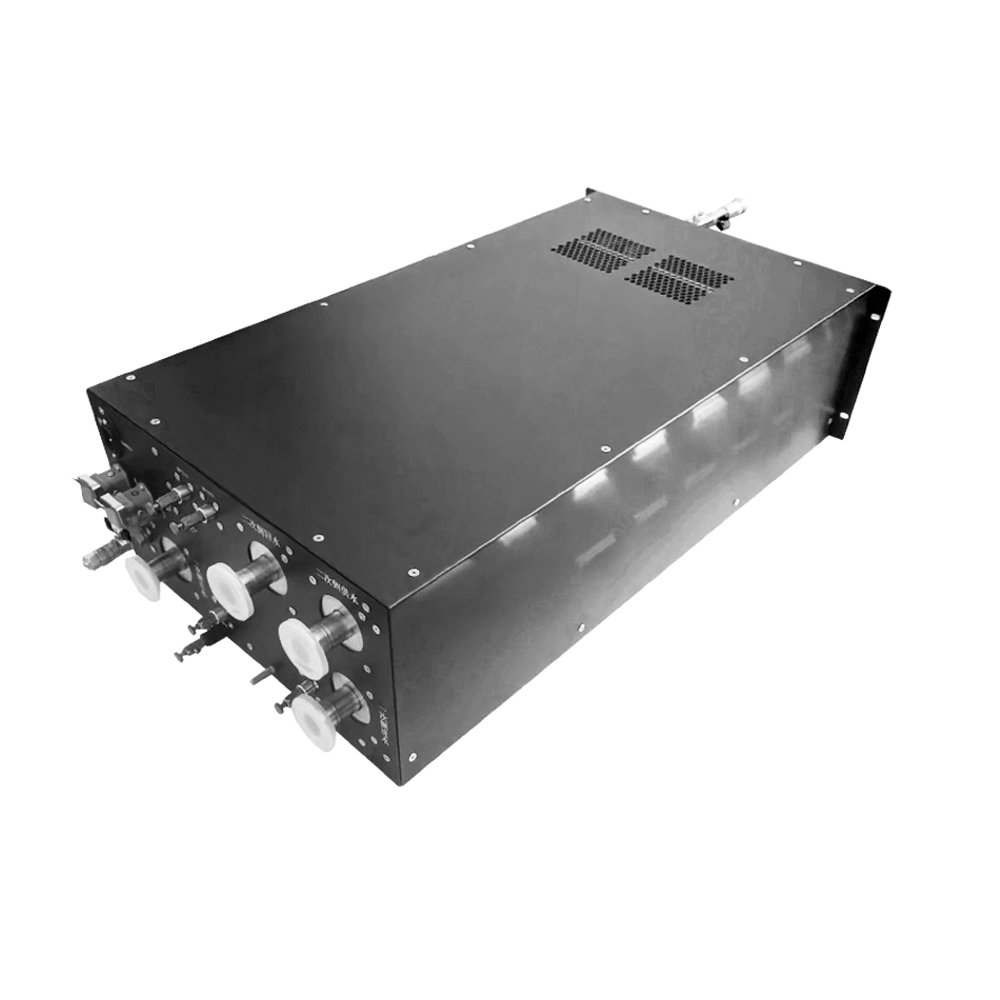
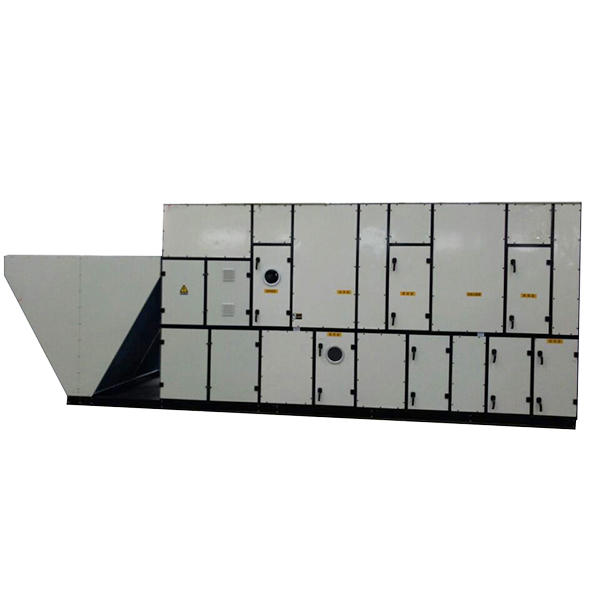
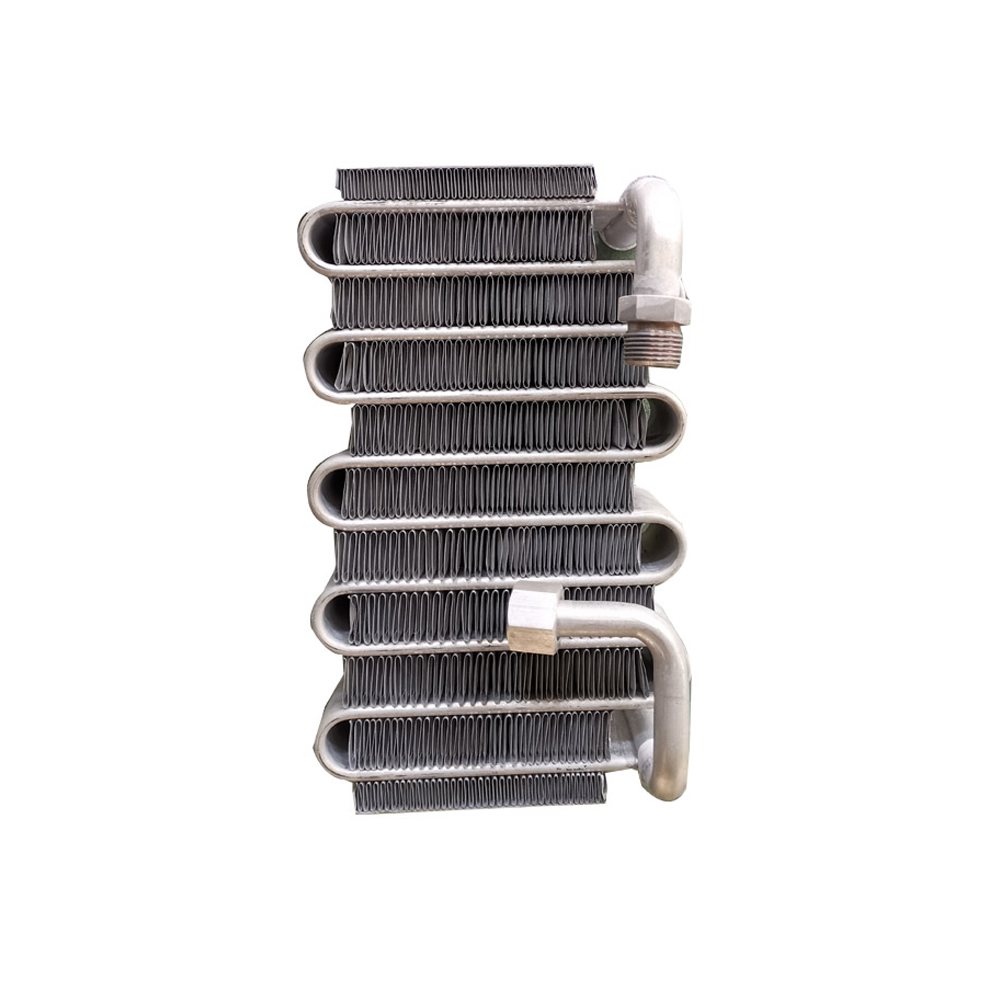
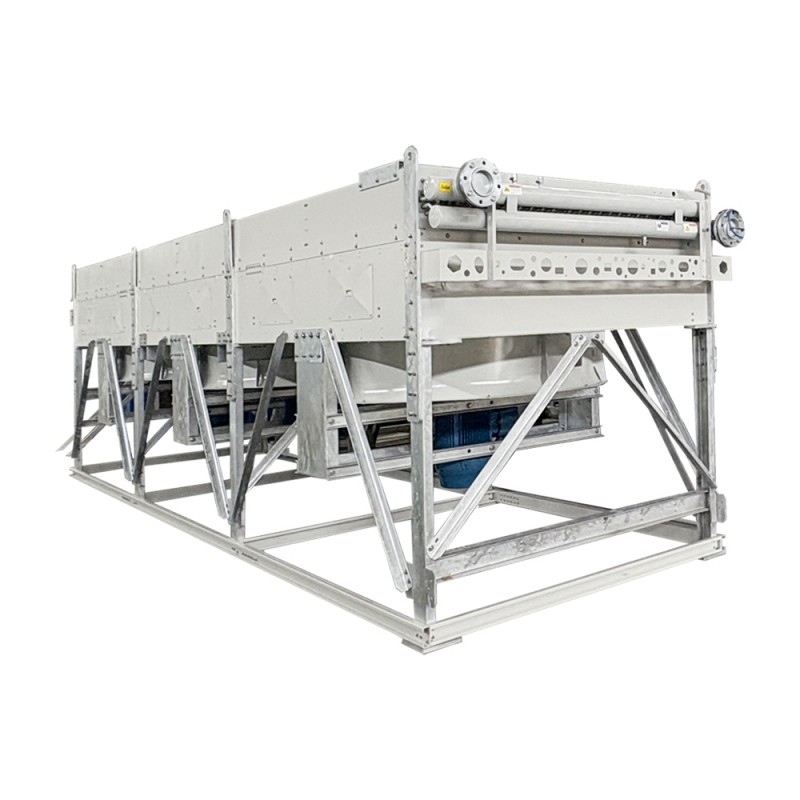
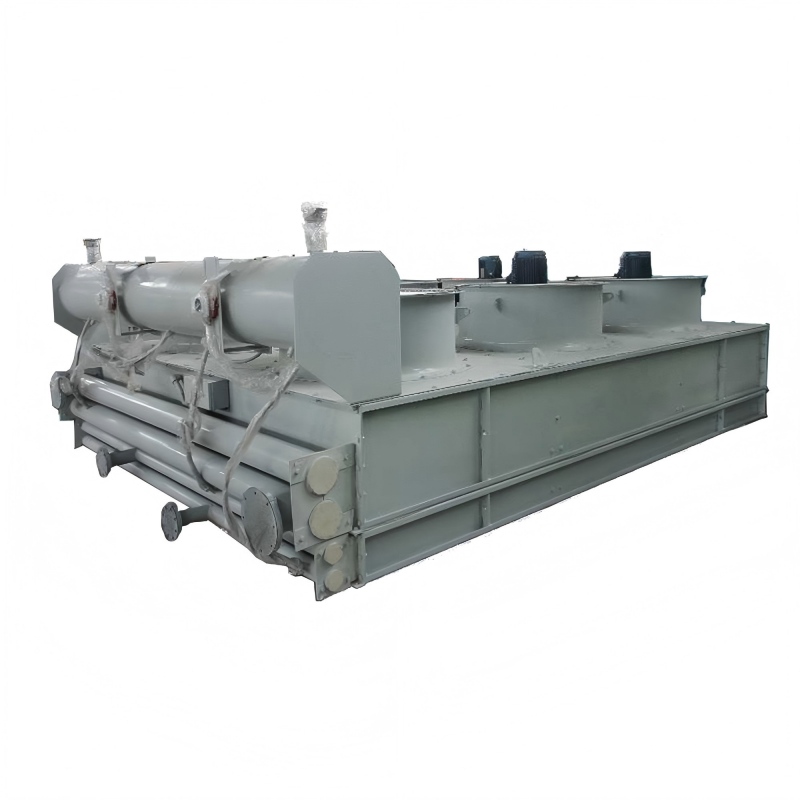

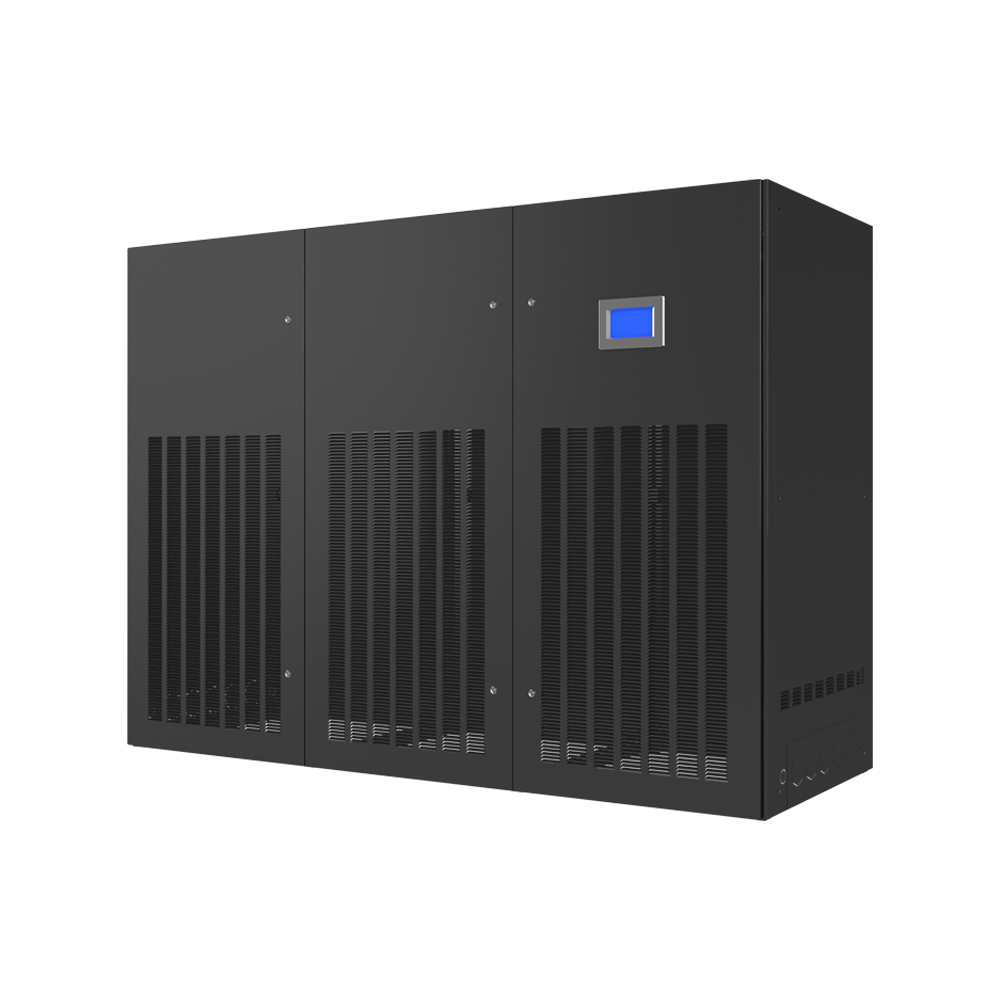
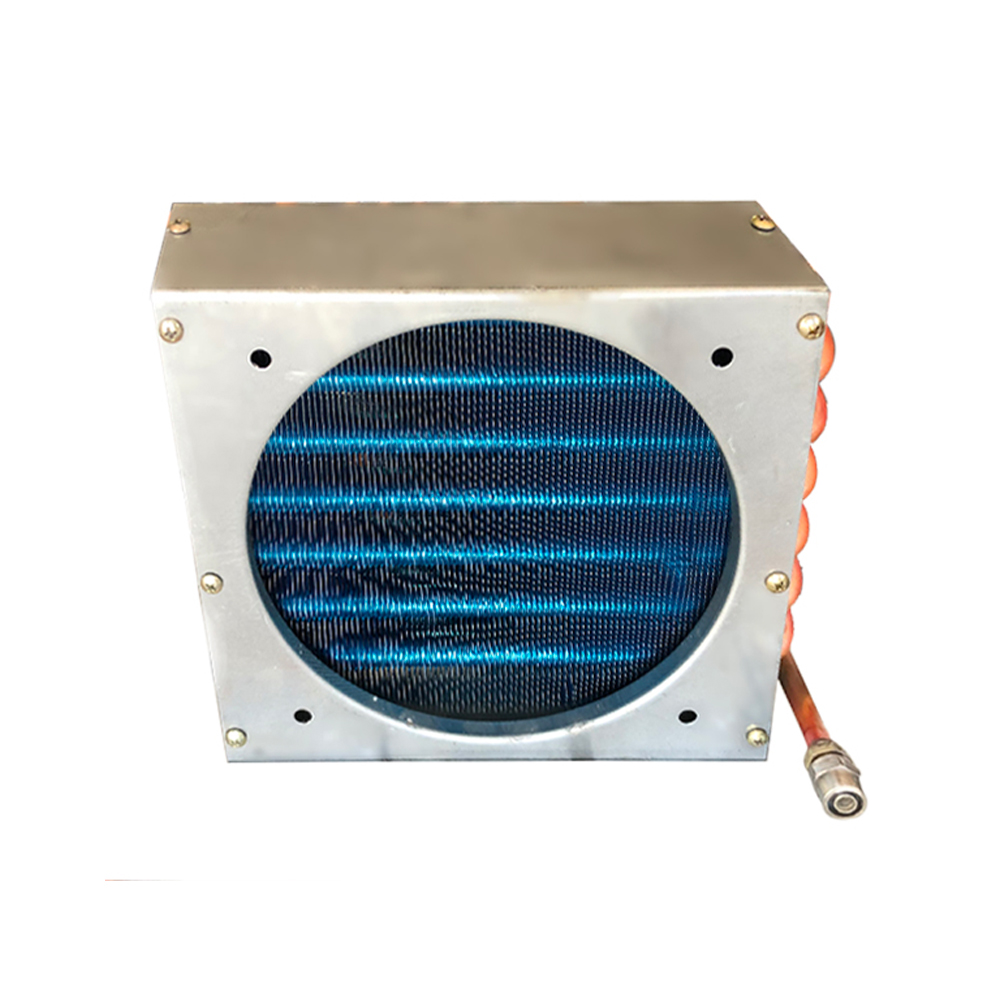
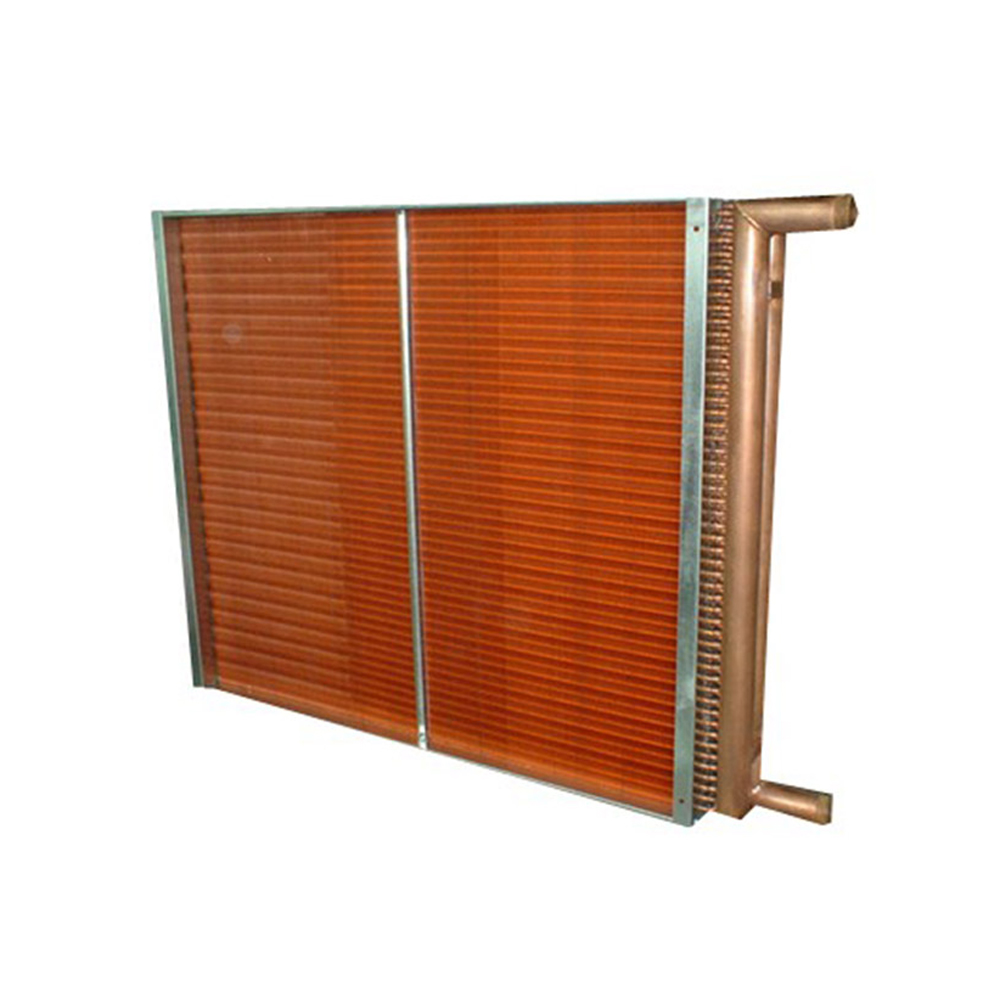
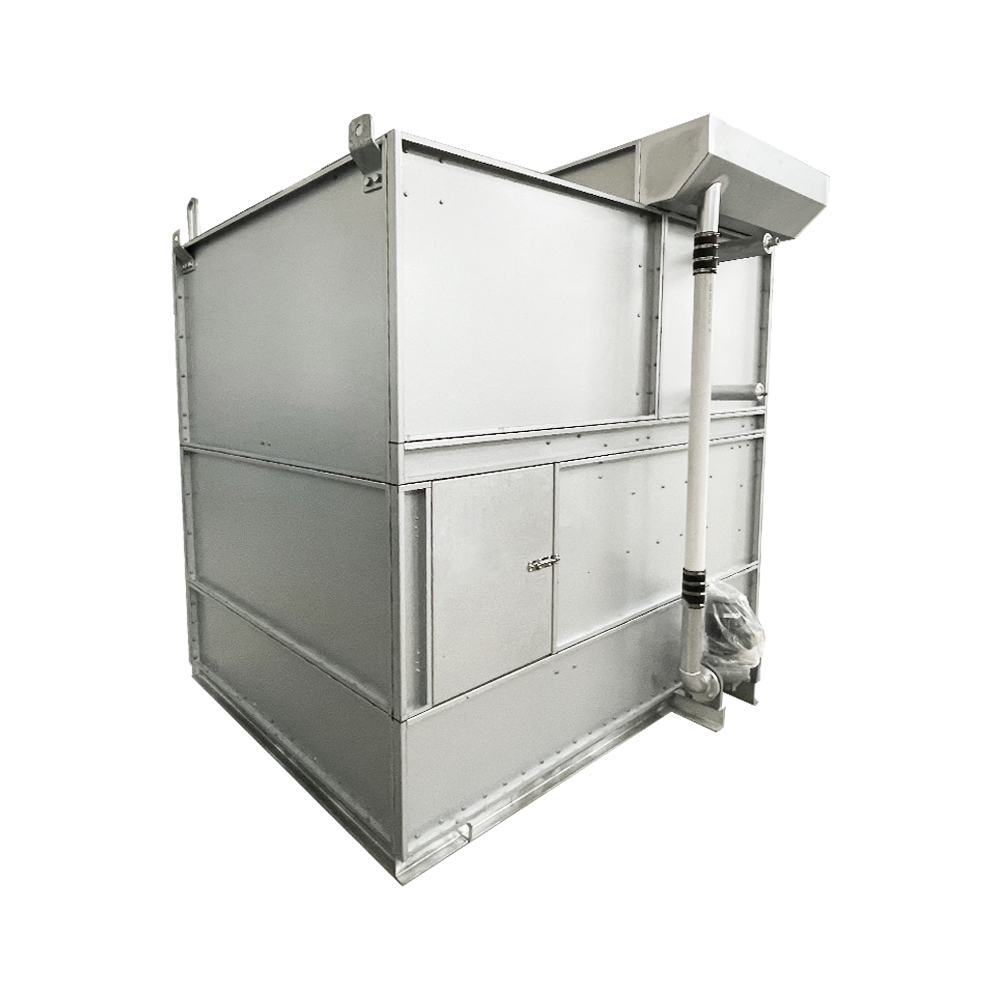
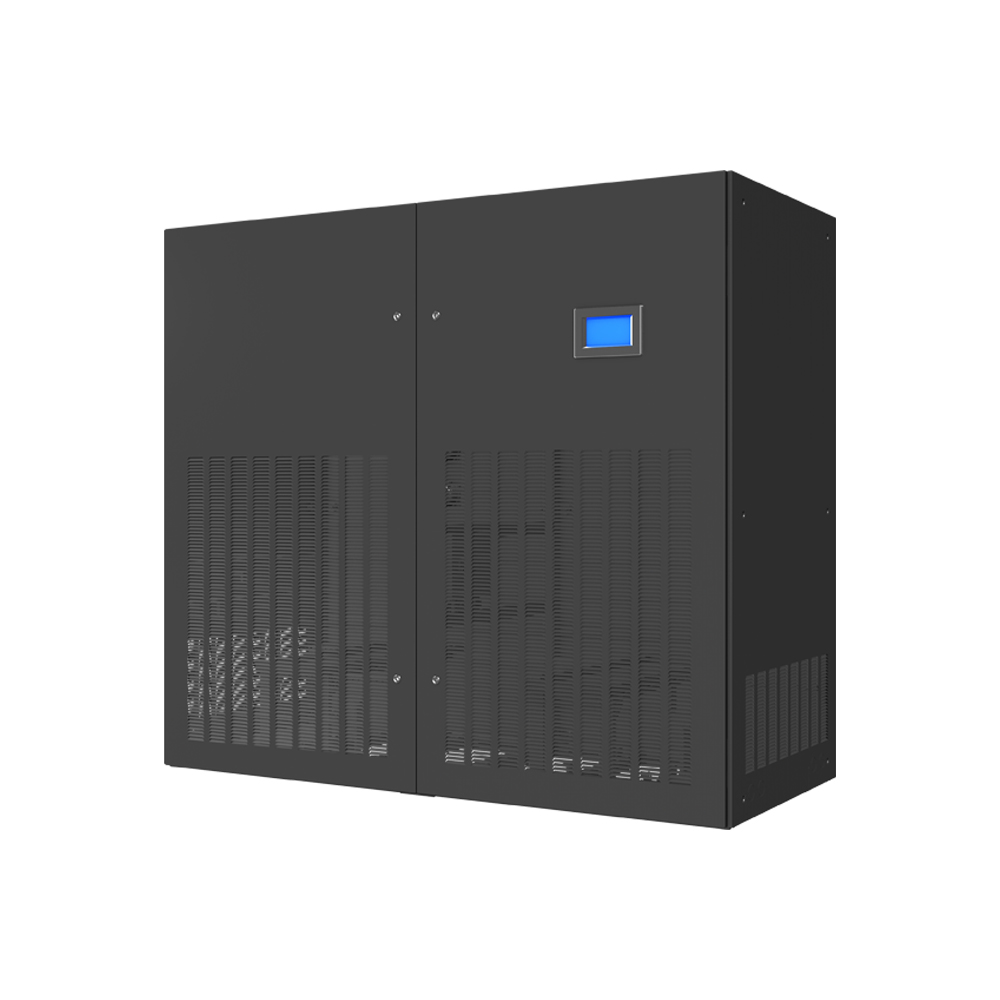
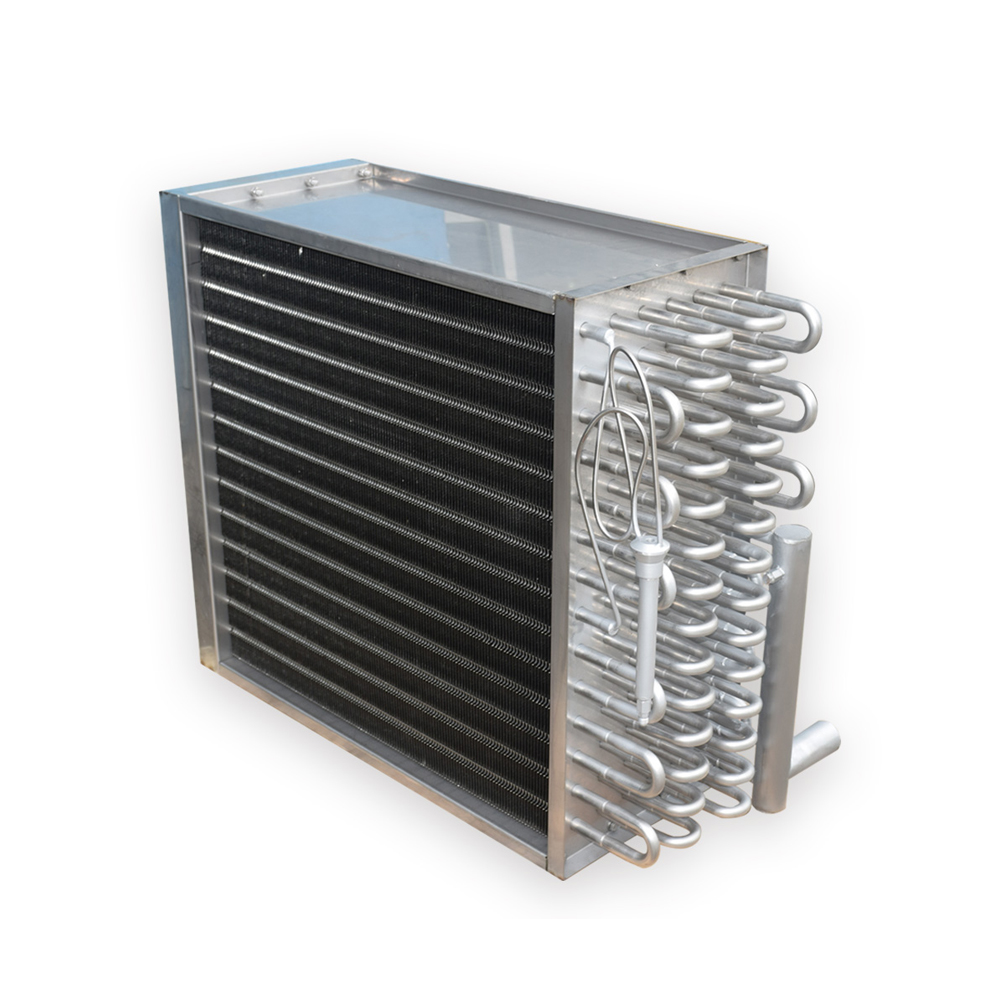
.jpg)
